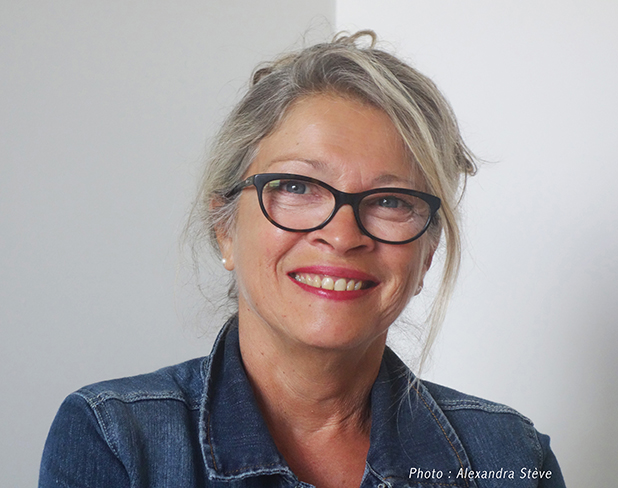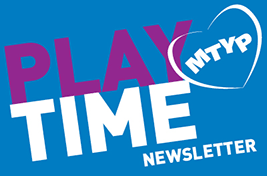
DIRECTOR SAYS ADDING TO CONFLICT IS ALWAYS A CHOICE
Based in Montreal, DynamO Théâtre is an internationally renowned theatre company whose work focuces on developing and performing theatre featuring acrobatic movement and clownng for young audiences. The company has given over 4,500 performances in 29 countries on 5 continents for more than 1.5 million people. MTYP is every excited to have DynamO back in our theatre. They were last here performing I on the Sky in 2014. In this interview, Ideator and Director Jackie Gosselin talks about her inspiration for the show.
What made you re-examine Shakespeare’s Romeo and Juliet?
I first read the play when I was young. I was deeply moved by the elegance of the bard’s words, the beauty of the story, the combination of romance and fighting, of love and hate. And for a number of years, I dreamed of inviting Shakespeare into the world of DynamO Théâtre. I wanted to reexamine and adapt this masterpiece by taking advantage of the creative process through acrobatic movement. Lastly, I wanted to offer young people access to the world of Shakespeare.
What made you want to adapt Romeo and Juliet for young audiences with acrobatic movement?
To give young people from 8 years and up the opportunity to discover the great work of Shakespeare. The starting point idea for the adaptation of Shakespeare’s Romeo and Juliet was to take advantage of the acrobatic possibilities of two staircases symbolizing the two families.
What do you want audiences to focus on?
In Shakespeare’s play, it took the death of 2 young people for their adults to realize the blind hate driving them and the need to dismantle it. We all need to think that today everywhere on our planet young children are victims of our fighting and wars. In this production, I realize that I can’t resolve all these conflicts, but theatre can be an essential tool to stimulate ideas that can bring about positive change.
Tybalt is Romeo’s rival in Shakespeare’s version. Why were you especially interested in his story?
Because theatre feeds on conflict and in Shakespeare’s play it is Tybalt that seeks trouble and who is the driving force behind the conflict.
What were the inspirations and intuitions on which you drew to begin the creative work?
The starting point idea for the adaptation of Shakespeare’s Romeo and Juliet was to take advantage of the acrobatic possibilities of two staircases symbolizing the two families. I also recalled Jean de La Fontaine’s tale of Love and Folly, and Chagall’s painting, The Promenade.
Talk a bit about this adaptation. What do you think might have changed in this classic story if someone had decided to lay down their weapons?
I wanted an open end: open to individual choices and reflection. I wanted to offer children the idea that there is always a choice when faced with a conflict to put fuel on the fire and aggravate the conflict or to lay down ones weapons and turn away from it.
Tickets for What If Romeo and Juliet… are available by calling 204.942.8898 or at mtyp.ca

